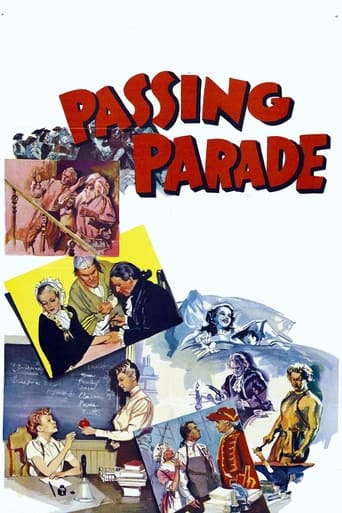
15 Nov 1941

Strange Testament
This MGM Passing Parade series short tells the story of Julian Poydras, whose encounter with a girl at Mardi Gras had a profound effect on his later life.
Shows how important luck can be in a person's life.

Self - Narrator (voice)

Robert Clive of India

Mrs. Jones (uncredited)

Harry Jones (uncredited)
Harry Jones' Son (uncredited)

Dr. William Roentgen (uncredited)

15 Nov 1941

This MGM Passing Parade series short tells the story of Julian Poydras, whose encounter with a girl at Mardi Gras had a profound effect on his later life.

28 Nov 1942

This Passing Parade series short chronicles the political life of Francisco Madero, who tried to bring democracy and land reform to Mexico.
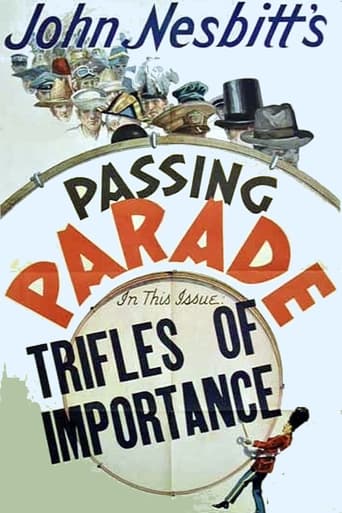
13 Jul 1940

Part of John Nesbitt's Passing Parade series, this short shows how three seemingly unimportant things can affect people. The first is how the number 7 affects a student accused of theft charges. The second segment shows that a person's doodles can reveal personality traits. The final segment shows why certain items are on men's suits, such as lapels.
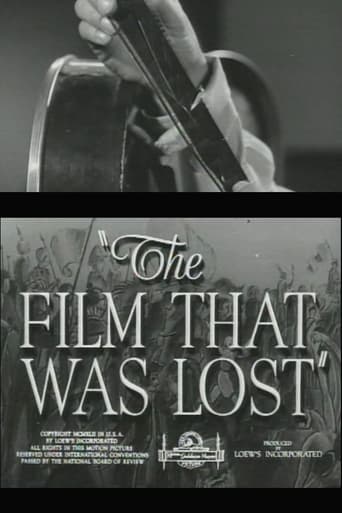
31 Oct 1942

In this John Nesbitt's Passing Parade short, a look is taken at the problems of film preservation efforts in the 1930s and early 1940s.
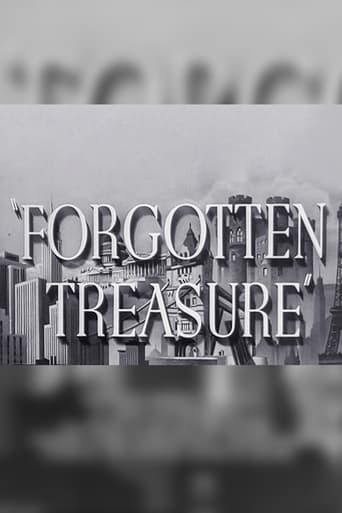
24 Jul 1943

This John Nesbitt's Passing Parade series short highlights the film preservation efforts of the Museum of Modern Art in New York. Several scenes from early newsreels are shown.
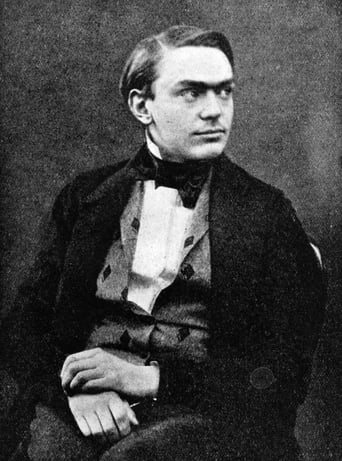
18 Feb 1939

This John Nesbitt's Passing Parade short tells the story of Alfred Nobel, who invented dynamite, and later established the Nobel Prize.
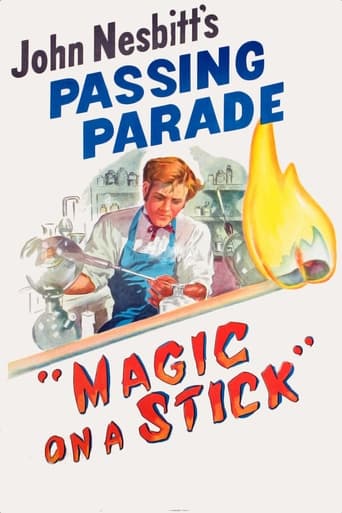
19 Jan 1946

This MGM Passing Parade series short recounts how English chemist John Walker invented the wooden friction match during the 1820s.
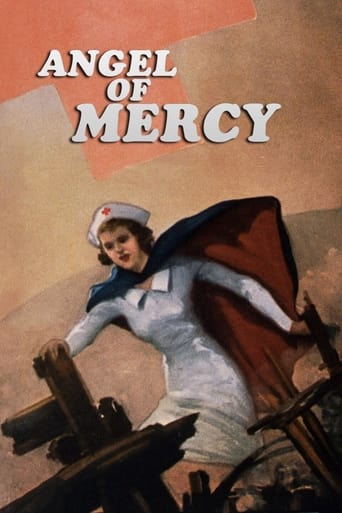
20 May 1939

This MGM Passing Parade series short tells the story of Clara Barton, the founder of the Red Cross.
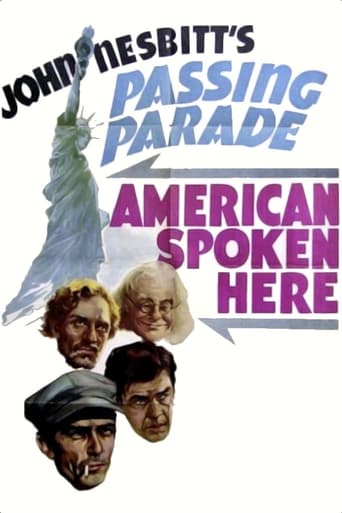
30 Nov 1940

This MGM John Nesbitt's Passing Parade series short takes a look at the origins of North American slang.
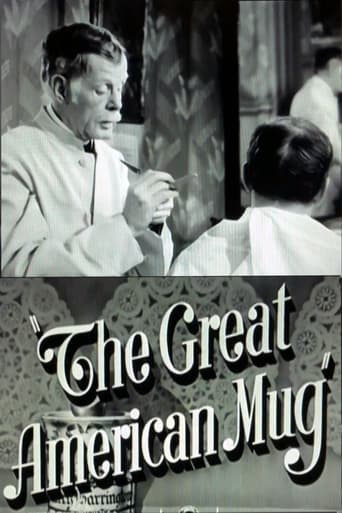
06 Oct 1945

This John Nesbitt's Passing Parade short takes a look at the typical American barbershop throughout the years.

19 Jun 1948

This MGM John Nesbitt's Passing Parade series short tells the story of how a Mauser pistol used on the battlefield by Germans during WWII makes its way into the hands of an American gangster.
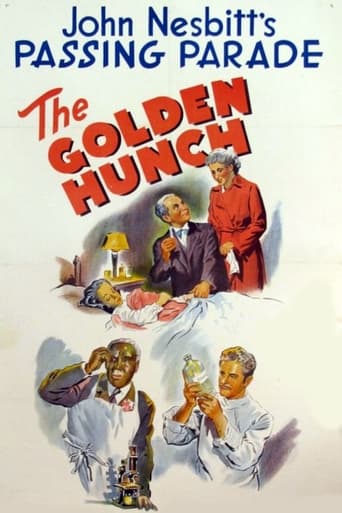
15 Nov 1945

This entry in John Nesbitt's "Passing Parade" series is about the great moments in the lives of famous men who found found an answer or made a great discovery in the flash of a golden hunch.
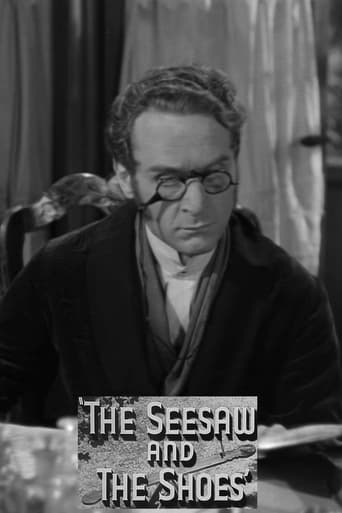
05 May 1945

This short shows how two objects led to important discoveries. Children playing with a seesaw inspire French physician Rene Laennec to invent the stethoscope, and a pair of shoes made of caoutchouc lead Charles Goodyear to discover the process for vulcanizing rubber.
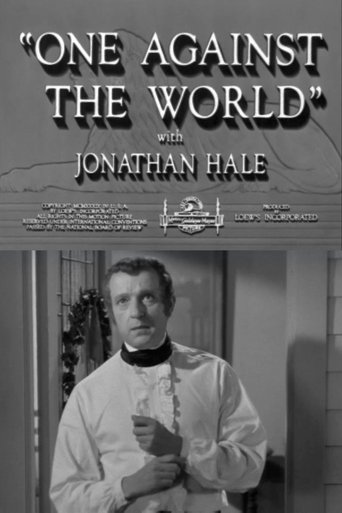
19 Aug 1939

This short film presents the story of Dr. Ephraim McDowell, who came under scrutiny for his pioneering of surgical practices.

24 Jan 1942

This John Nesbitt's Passing Parade short explores the origins of various customs such as shaking hands, kissing, and why ships are christened.

17 Jun 1939

Made just before America would be forced into the Second World War, this short subject is a brief dramatized history of American democracy. It targets a perceived threat to democracy from board room and soapbox fascists who advocated a government based upon contemporaneous European models.
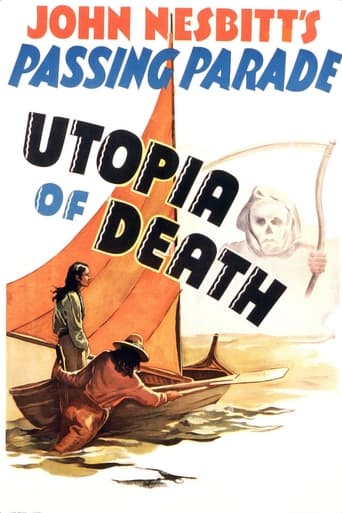
12 Oct 1940

This short film focuses on the mysterious and legendary Seri Indians who live in a utopian colony off the west coast of Mexico.
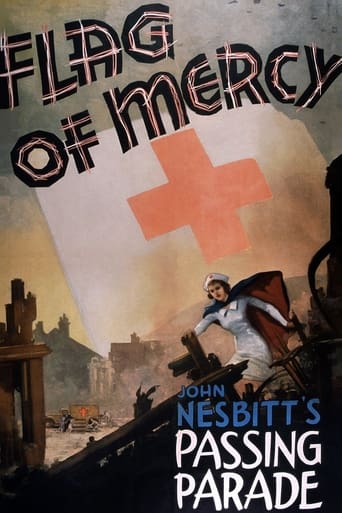
31 Jan 1942

The 1939 dramatic short "Angel of Mercy," about Red Cross founder Clara Barton, is reedited to relate the story to America's involvement in World War II. Edited from Angel of Mercy (1939)
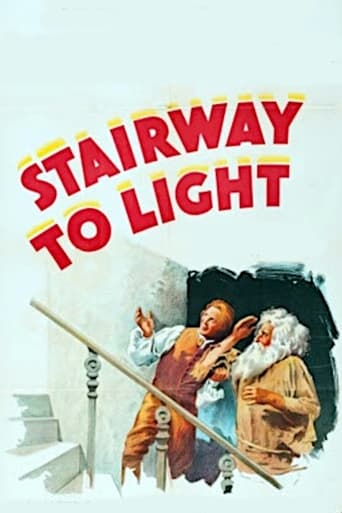
03 Nov 1945

This John Nesbitt's Passing Parade short tells the story of 18th Century French physician Dr. Philippe Pinel, who initiated enlightened, humane treatment of the mentally ill.
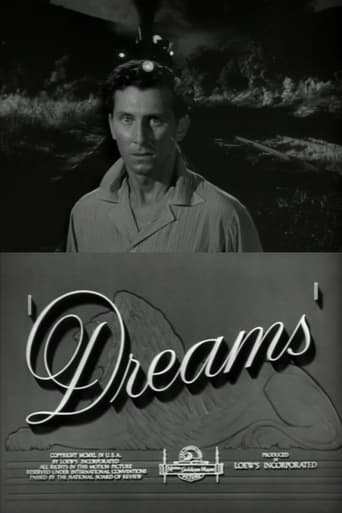
10 Nov 1940

This entry in MGM's Passing Parade series looks at the meaning of dreams, including one by Abraham Lincoln that foretold his death.